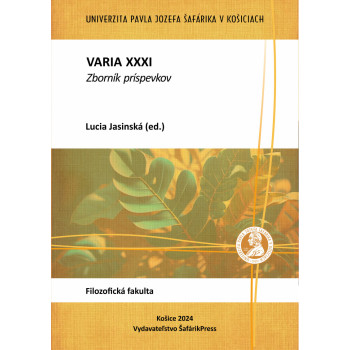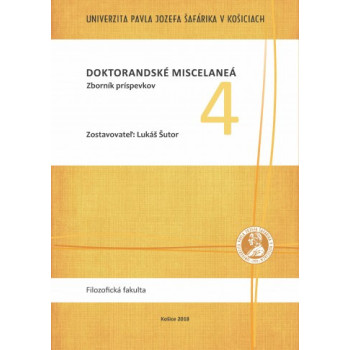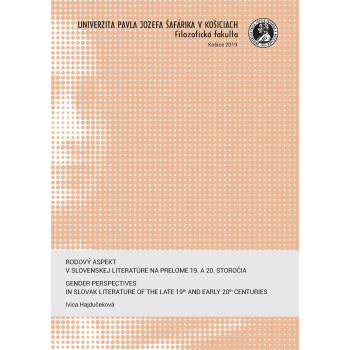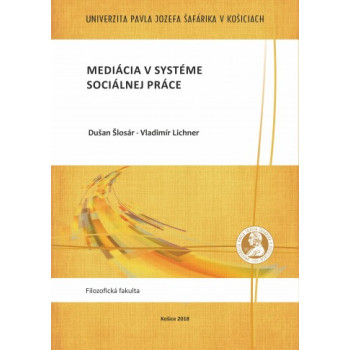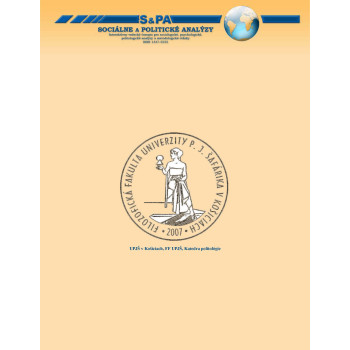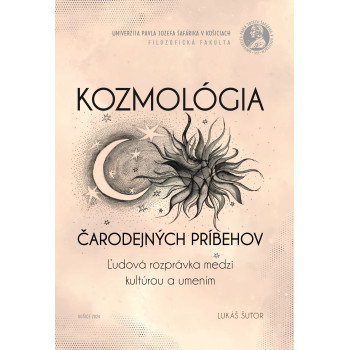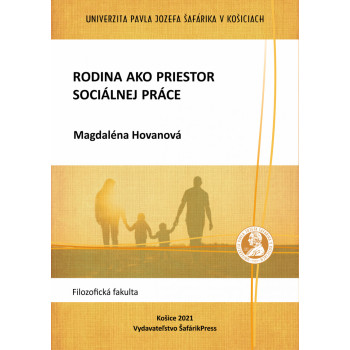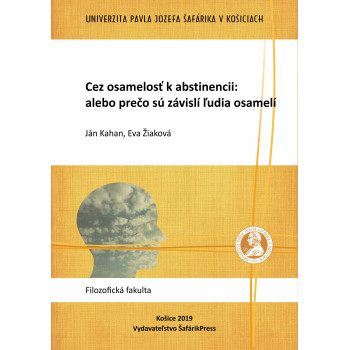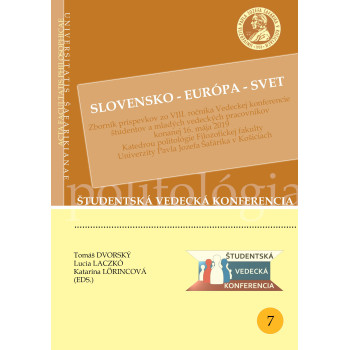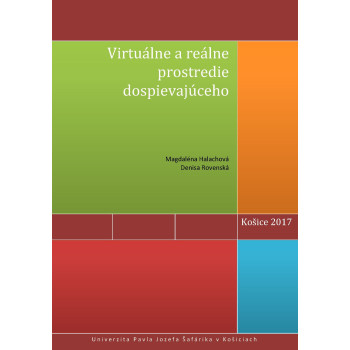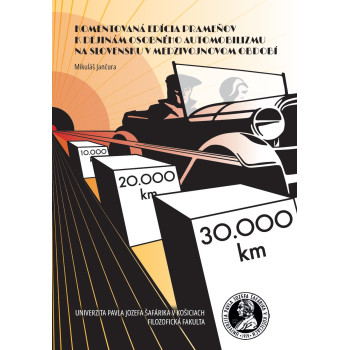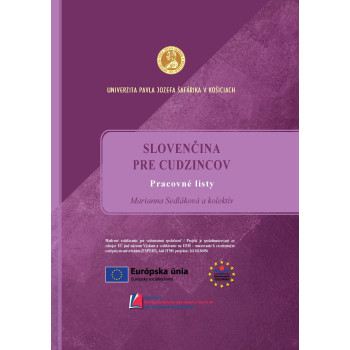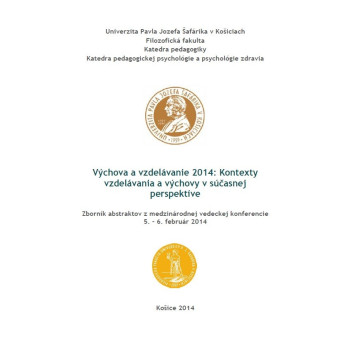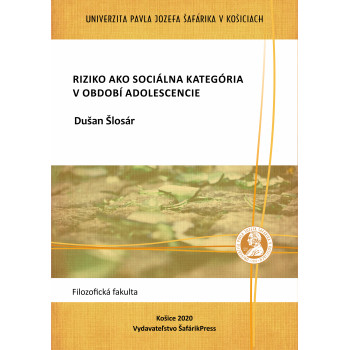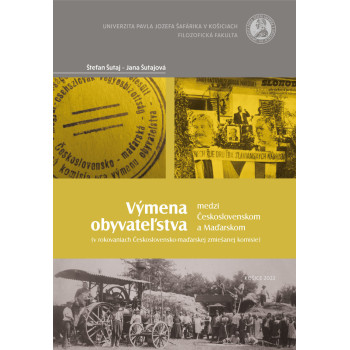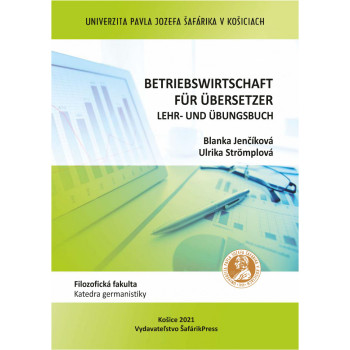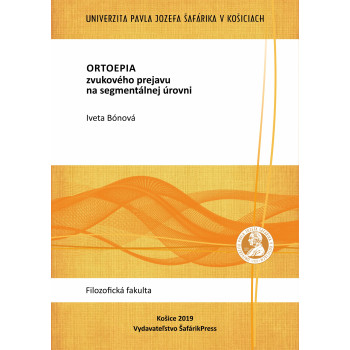
VARIA XXXI
Tradícia organizovania kolokvií na Slovensku už štandardne prináleží vždy inému akademickému slovakistickému pracovisku. Jeho XXXI. ročník sa realizoval pod organizačnou taktovkou Katedry slovakistiky, slovanských filológií a komunikácie Filozofickej fakulty UPJŠ v Košiciach, ako aj košickej pobočky Slovenskej jazykovednej spoločnosti a Slovenskej jazykovednej spoločnosti pri Jazykovednom ústave Ľ. Štúra SAV, v. v.i. V univerzitných priestoroch Učebno-výcvikového zariadenia Danišovce sa počasdvojdňového podujatia stretli nádejní mladí jazykovedci nielen zo Slovenska, ale aj z Českej republiky. Výstupom kolokvia mladých jazykovedcov býva najprv zborník abstraktov, publikovaný už v čase realizovania podujatia, a neskôr zborník príspevkov ako pripomienka tejto udalosti a tiež ako odraz vedeckých záujmov mladých lingvistov. Kolokvialisti prezentovali svoje príspevky venované výskumným problémom z rôznych oblastí jazykovedy, a to z oblasti korpusovej lingvistiky, onomastiky, morfológie, dialektológie, syntaxe, štylistiky, lexikológie, frazeológie aj didaktiky, niektorí dokonca s presahom do literárnych textov.



